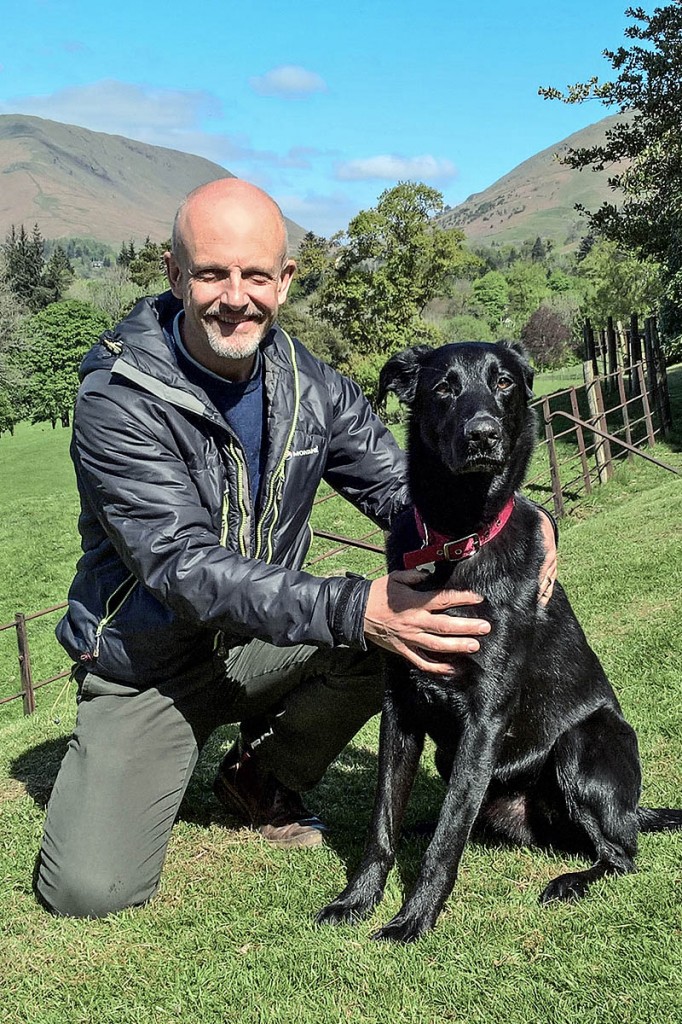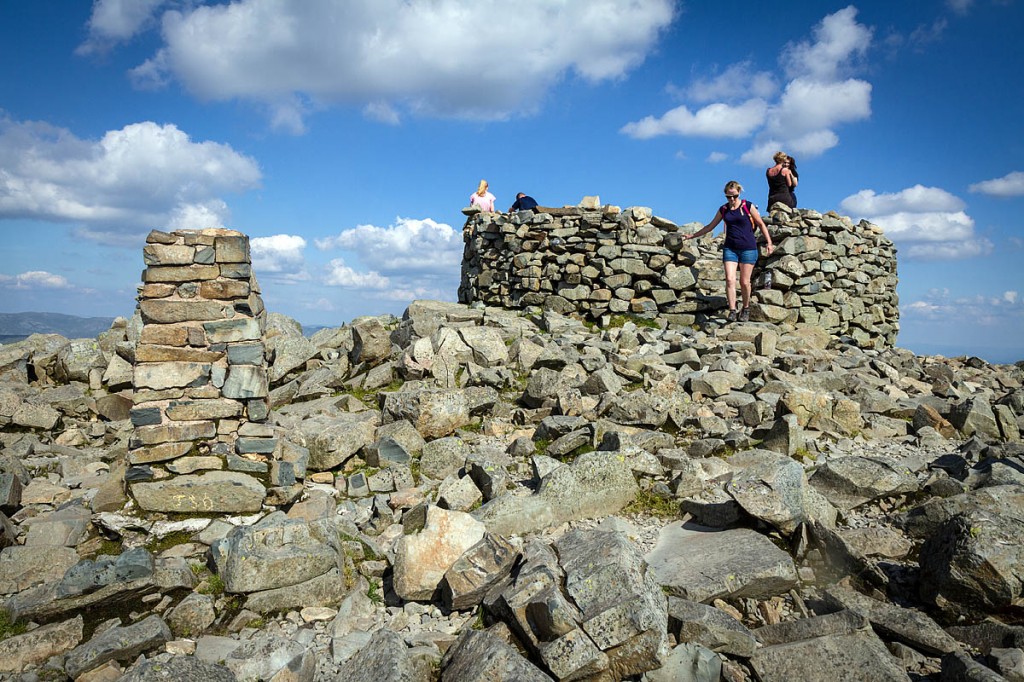The man who has taken over the National Trust’s operations in Cumbria says rebuilding the memorial cairn on top of England’s highest mountain is among the charity’s key tasks this year.
Jeremy Barlow has been appointed assistant director of the trust, Europe’s largest conservation charity.
He also pointed out the importance of supporting the trust’s 90 tenant farmers in the area which was recently granted Unesco world heritage site status. An estimated million people visit the countryside in the charity’s keep each year in the Lake District and Cumbria.
Mr Barlow has been with the National Trust for 18 years. He said: “Conservation is at the heart of what we do; we are Europe’s largest conservation charity.
“All the money we raise, through membership, car parking and from people visiting our attractions, is used to repair footpaths, renovate farmhouses, build jetties and cycleways and improve visitor facilities.
“This year a particularly poignant task is to rebuild the WW1 memorial cairn on the top of Scafell Pike, a centenary after it was gifted to us.
“We are also fortunate enough to be left legacies and private donations funding projects like tree planting after Storm Desmond, countryside apprenticeships and protecting red squirrels.
“We are beginning to raise money through micro hydro-electric power schemes to support conservation projects and to cut carbon emissions. Three of our schemes generate enough power to meet the annual electricity needs of around 500 houses. We are soon to complete two more and there are others in the pipeline. I will also be making sure we develop initiatives to cut down our use of plastics.”
The new assistant director will also be dealing with the implications of funding for farming post-Brexit.
He said many people are working together to secure support and public funding for what the landscape brings, including clean water, high-quality food, wildlife, access to the outdoors and land that can respond to the impact of climate change – storing water and capturing carbon.
Mr Barlow said he wants to develop the links of communities to the Lake. He cites work with ex-mining communities and Carlisle residents, led by their interest in the mountains on their doorsteps, as one example. He pointed out the trust is a local employer, reliant on a large army of volunteers.
“We’re entering a new chapter in the history of the Lakes and how this landscape is being managed,” he said. “Nature underpins all of this but it is not in universal good health. There is clear evidence that we are losing soils, wildlife has declined and our rivers are in a pattern of repeat flooding.
“We need to address this by collaborating with those who know the landscape inside out and manage it with us, from our tenant farmers to the 25-organisation-strong Lake District National Park Partnership.
“We’re a charity, entirely independent of Government, looking after nine major visitor attractions and over 20 per cent of the land in the Lake District national park. My ambition is to get the message across that all the money we raise goes directly back into looking after the Lake District, the birthplace of the trust and somewhere I care passionately about.”

